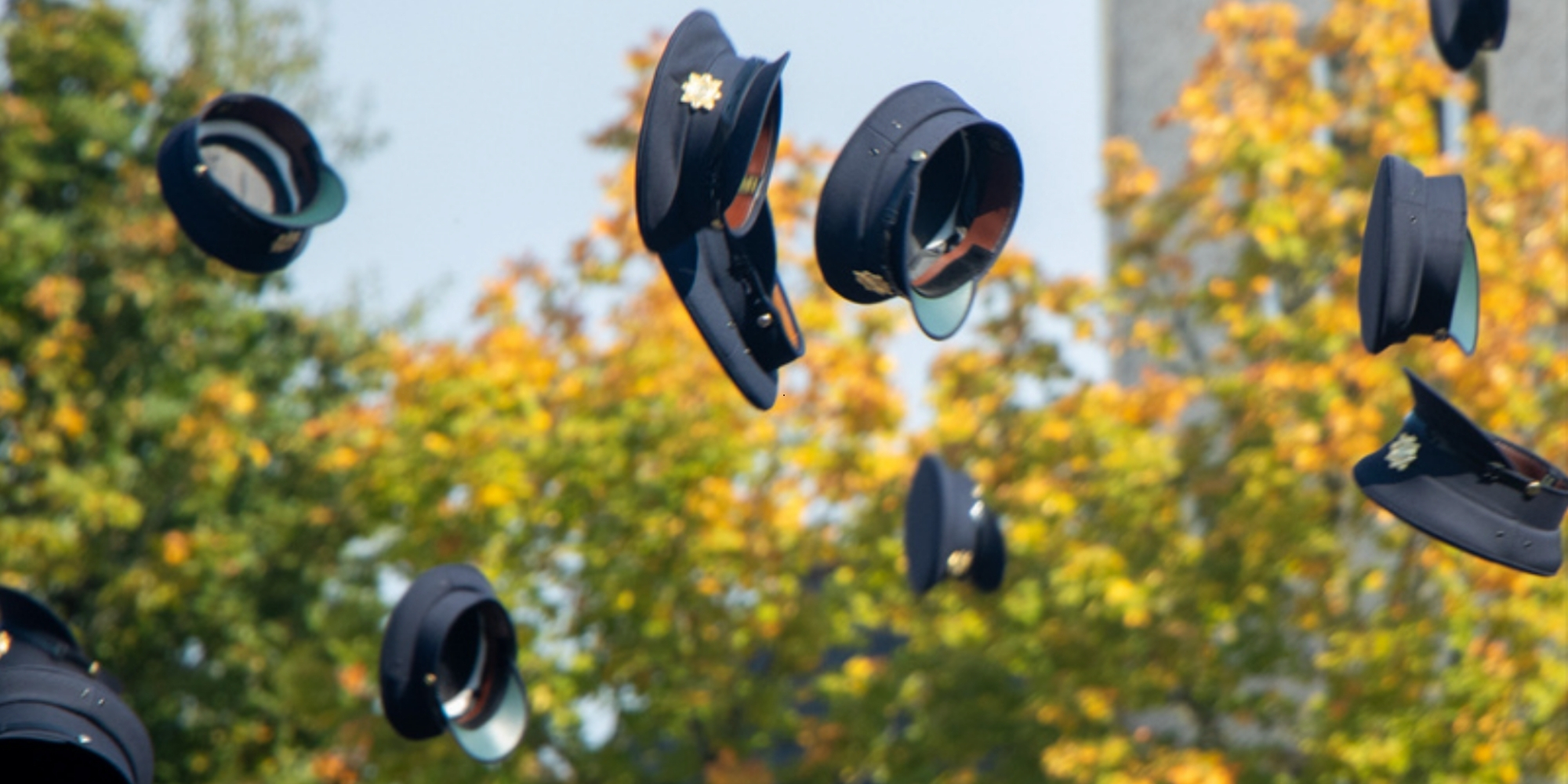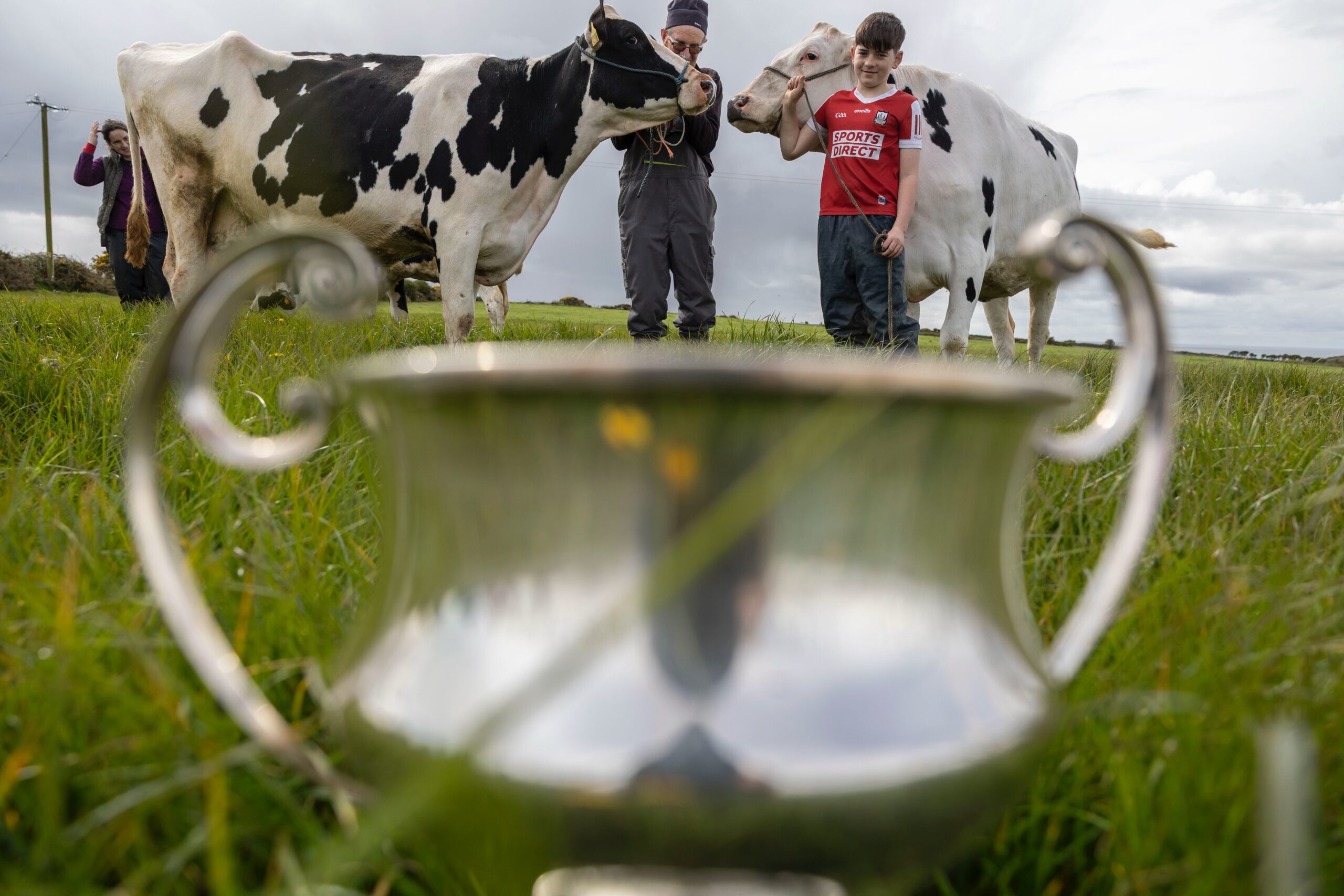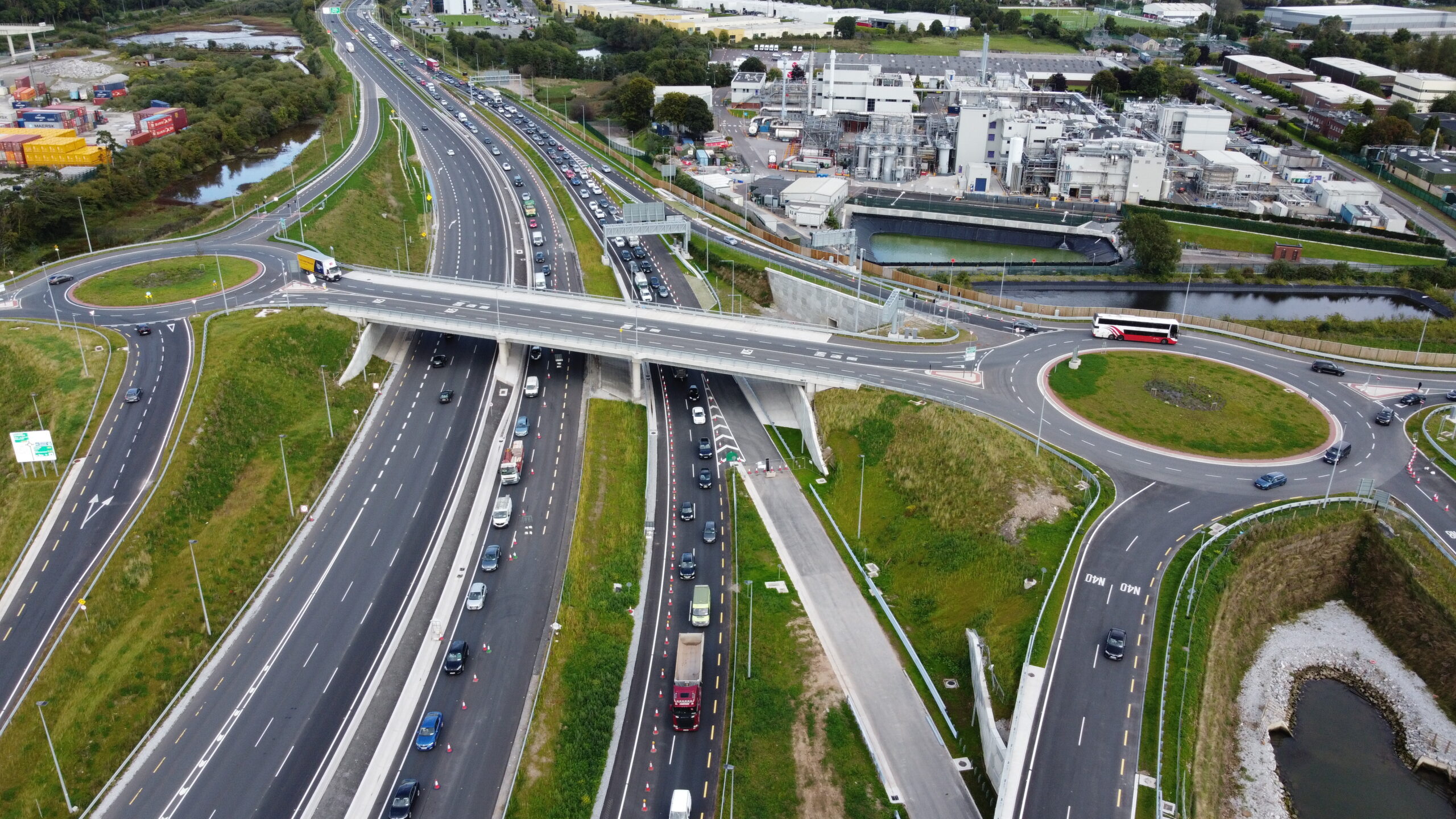National Garda Transformation Shows Major Technology and Training Advances for Irish Communities
Garda transformation report shows major tech advances: 15,000 mobile devices, 700 body cameras piloted, 89% public trust maintained.

An Garda Síochána has unveiled a comprehensive report documenting six years of sweeping reforms, including the rollout of 15,000 mobile devices to officers and pilot programmes for 700 body-worn cameras, while maintaining 89% public trust levels.
The national police force yesterday launched "Transforming An Garda Síochána 2018-2024" at Garda Headquarters, highlighting the most significant structural changes in the organisation's 102-year history.
The transformation programme, which began following the 2018 Commission on the Future of Policing in Ireland report, has fundamentally reshaped how gardaí operate nationwide. The new Garda Operating Model, now implemented in all 21 divisions across Ireland, replaced structures dating back to 1922.
Communities are directly benefiting from enhanced Divisional Protective Service Units, now operating in every division with specialist detectives trained to handle child abuse, serious sexual assault and domestic violence cases. These units represent a significant upgrade in support for the country's most vulnerable residents.
The technology revolution has been particularly striking, with gardaí now equipped with mobile devices that provide instant access to vehicle and personal information, dramatically reducing response times. The new GardaSAFE dispatch system ensures officers responding to incidents have immediate access to relevant information, including potential risks at specific addresses.
Commissioner Drew Harris said:
"This report serves to document our transformation journey, while highlighting some key changes implemented by An Garda Síochána under A Policing Service for Our Future. It provides an opportunity to reflect on the work that has been done over these past seven years to bring about really meaningful change in our organisation."
The organisation has significantly expanded its workforce, with Garda staff levels increasing by 51% since 2018. This civilianisation process has freed up sworn officers for frontline duties while improving efficiency. The Garda Vetting Bureau now processes applications within eight days, a crucial improvement for employers and volunteers requiring security clearance.
Mental health and wellbeing support has been revolutionised, with 3,500 personnel receiving Mental Health First Aid training. Officers now have access to a 24/7 helpline, 17 full-time employee assistance officers, and over 1,100 peer supporters.
The force now operates its largest ever fleet of 3,668 vehicles, including specialist equipment such as water cannons and enhanced Armed Support Unit vehicles. Communities have also benefited from new community engagement vans and improved public order capabilities.
Public trust remains remarkably high, with the latest survey showing 89% confidence in An Garda Síochána. Significantly, 82% of respondents agree the force is focused on human rights, supported by 4,000 personnel completing University of Limerick-accredited human rights training.
The body-worn camera pilot programme is currently operating across five stations in Dublin, Limerick and Waterford divisions, with potential for future expansion as the technology proves its worth in improving evidence quality and officer safety.
The Garda Information Services Centre in Castlebar now creates approximately 70% of all incidents on the PULSE system, while updating hundreds of thousands of existing incidents, demonstrating the efficiency gains from increased civilianisation.
Commissioner Harris concluded:
"Garda Síochána will continue to adapt to the needs of the public and we remain committed to delivering a modern, community-focused policing service to the people of Ireland."
The comprehensive transformation demonstrates An Garda Síochána's commitment to modernisation while maintaining the community-focused approach that has earned strong public support across Ireland.



